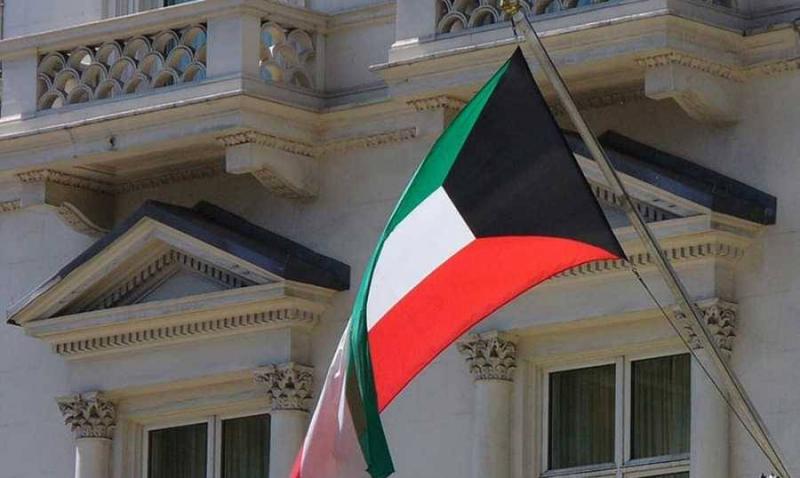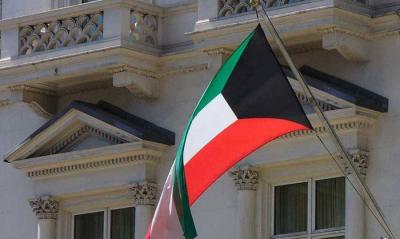On December 7, 1981, the Kuwait national football team officially secured its qualification for the FIFA World Cup finals, hosted by Spain in 1982, marking the first and only time for the nation! This achievement was a significant turning point in the history of the small country (with an area of 17,818 square kilometers), which holds the record in its region with ten Gulf Cup titles. This accomplishment not only made football a source of pride for its football-loving people, but it also became a vital part of their culture, daily life, and identity.
At that time, the "Blue" team featured many stars who had won the Gulf Cup multiple times, in addition to hosting the Asian Cup in 1980, the same year the team qualified for the Moscow Olympics. A famous phrase emerged during that period: "Korea goes to Korea and Kuwait goes to Spain." This quote was uttered by local commentator Khaled Al-Harban after the cherished victory of the "Blue" over strong South Korea with a score of 2-0 in the preliminary qualifiers for the 1982 World Cup, which Kuwait hosted, successfully overcoming Malaysia and Thailand at the start.
There were many discussions during that period regarding interventions in the work of coach Carlos Alberto Parreira, particularly concerning player selection. However, the Brazilian was adamant when he said before the draw for the decisive qualifiers: "The next phase is unforgiving; we won't qualify through emotions." The final qualifiers then combined the continents of Asia and Oceania, with two teams securing spots in the World Cup, played in a home-and-away format.
The "Blue" team, which entered a training camp in Portugal, was scheduled for heated matches against Saudi Arabia, China, and New Zealand, with the latter being faced on October 10, 1981. It was an intense and historical match in Auckland City that led to significant outcomes. The players were received very poorly, as the local crowd held up signs demanding Kuwaitis return to their camels and deserts, expecting a large victory over them.
From that moment, the idea emerged for the camel to become the mascot of the team that surprised the hosts by achieving a valuable victory of 2-1. In Beijing, Kuwait stumbled against China with a score of 3-0, but redeemed themselves with a precious win against Saudi Arabia on their home ground, thanks to Abdulaziz Al-Anbari's goal. On November 30, 1981, the Kuwaitis avenged their loss to China by defeating them 1-0. About a week later, it was time for the decisive match between Kuwait and their guest Saudi Arabia, where Faisal Al-Dakhil scored both goals for victory, leading his team directly to Spain.
The "Blue" team was invited to face their guest New Zealand. The country prepared well for the match, filling the stands of Al-Qadsia Club's stadium with fans, and the president of the local federation, Sheikh Fahad Al-Ahmad Al-Sabah, insisted on bringing around 100 camels into the stadium for a parade to deliver a message of pride in traditions to the New Zealanders in response to their behavior in the Auckland match. That day was etched in the history of Kuwaiti football, especially as the camel turned into the official mascot of the team, named "Haido,” a term related to a famous song from the early eighties that is said to the camel when one wishes it to sit or kneel.
The match ended in a 2-2 draw, allowing the "Blue" to qualify from the top position, before New Zealand performed a miracle by winning 5-0 against Saudi Arabia, snatching the second qualifying spot from China. Jassem Yaqoub reflects on that first qualification for an Asian Arab team in the global event: “Reaching the World Cup is a dream for every player in the world, not just in Kuwait. For a player to end his career at the World Cup is his greatest wish, and that dream came true for me.”
A few weeks before the World Cup began, a Spanish newspaper jokingly claimed that the Kuwaiti team would be late to the finals because they were "traveling on the backs of their camels." Sheikh Fahad Al-Ahmad did not accept what was said and decided that Kuwait would be the first team to reach Spain, arriving about two weeks before the start of the World Cup after a long training camp in Portugal and Morocco. Sheikh Fahad leaked information to a French journalist that the Kuwaiti national team would withdraw from the World Cup if the Spanish authorities insisted on forbidding them from bringing a camel to the team's camp. Eventually, local authorities yielded to their demand. The next day, a beautiful she-camel was shipped from North Africa to Madrid. Upon Haido's arrival, it was dressed in a giant blue jersey replicating Kuwait’s traditional colors.
June 17, 1982, became a notable date in the minds of a football-loving nation. On that day, the "Blue" played their first match in World Cup history, making a significant impact by drawing 1-1 with former Czechoslovakia in Group 4. The name Faisal Al-Dakhil, or "The King," became associated with the first Kuwaiti goal in the World Cup, which opened doors for him to participate in a charity match in the United States in 1982 with a team of World Cup stars against a European team, after being chosen by FIFA and invited by UNICEF.
The captain of the "Blue," Saad Al-Houti, expressed his pride and overwhelming happiness as soon as he stepped onto the field for the first match and the national anthem was played. However, the results after the first match did not meet expectations, as the national team suffered a severe defeat against France, with a score of 1-4 on May 21 in Valladolid. The only goal was scored by Abdullah Al-Balooshi in the 75th minute with a powerful shot after receiving the ball from Abdulaziz Al-Anbari.




